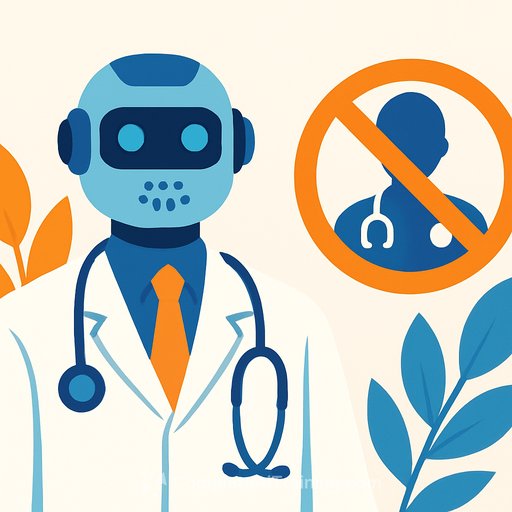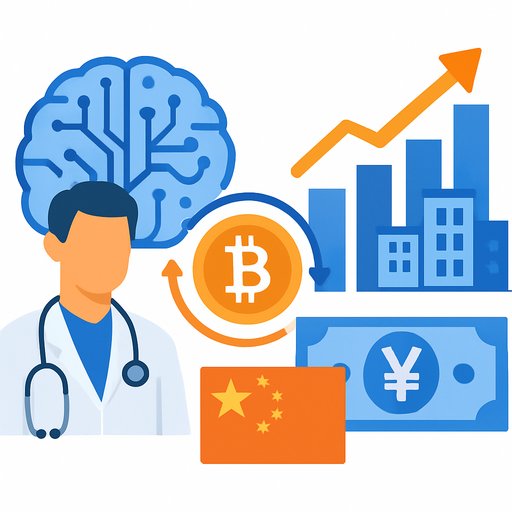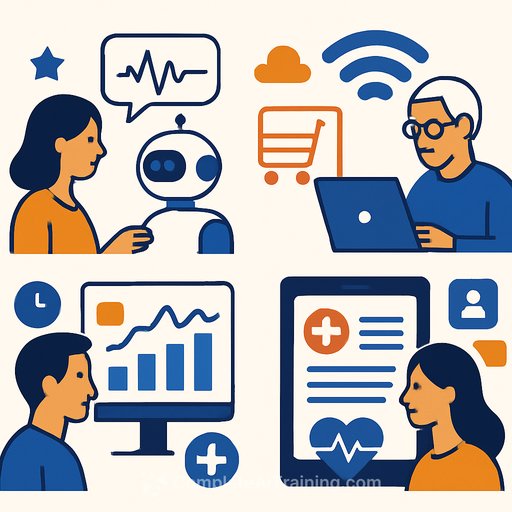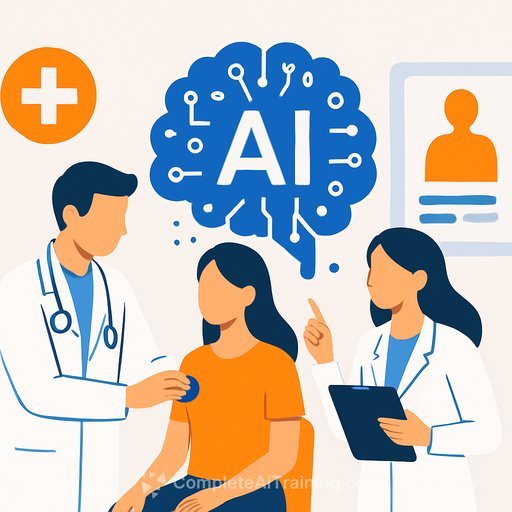California Bill Seeks to Restrict Misleading AI Use in Healthcare
California lawmakers are advancing Assembly Bill 489 to tighten regulations on artificial intelligence (AI) applications in healthcare. The bill aims to stop AI systems from falsely presenting themselves as licensed healthcare professionals, addressing growing concerns about deceptive AI representations.
Currently, California law prohibits unlicensed individuals from using medical credentials like “M.D.” to imply they are licensed. AB 489 extends these restrictions to AI tools, making it illegal for them to use such terms in their functionality or advertising unless supervised by a licensed provider.
Key Provisions of AB 489
The bill, introduced by Assemblymember Mia Bonta (D-Oakland), targets both obvious and subtle misrepresentations by AI. This includes chatbots claiming to be doctors and AI systems using professional language or conversational tones suggesting medical expertise without proper licensing.
Specifically, the bill would:
- Ban the use of terms, letters, or phrases that falsely imply a healthcare license or certificate.
- Hold entities that develop or deploy AI accountable if their systems use such misleading language in advertising or functionality.
Support and Concerns
Mental Health America of California supports the bill, emphasizing safeguards for youth who might receive inaccurate or harmful mental health advice from AI. Danny Thirakul, the group’s public policy coordinator, noted the importance of protecting young people from false information related to mental health and substance use challenges.
Co-sponsors include SEIU California and the California Medical Association (CMA). CMA President Shannon Udovic-Constant highlighted the need for AI to support, not replace, physician decision-making.
Implications for Healthcare AI Development
As AI tools become more common in healthcare—especially with increased remote visits and health-tracking app use—this bill signals a shift in regulatory oversight. Assembly Bill 489 introduces new compliance requirements across several areas:
- Enforcement: State licensing boards would supervise AI systems, adding to existing privacy and consumer protection rules.
- Product Design: User interfaces must avoid wording or imagery that implies licensed medical advice without proper oversight.
- Marketing: Terms like “doctor-level,” “clinician-guided,” or “expert-backed” could be violations unless licensed professionals are involved.
Questions remain about how the bill will be enforced and whether state agencies have the resources to oversee compliance effectively.
Why This Matters to Healthcare Professionals
AI systems that mimic human interaction can mislead patients, especially children, who tend to trust these tools and may disclose sensitive information. The bill aims to ensure that AI technology in healthcare is transparent about its limitations and does not replace licensed medical judgment.
Healthcare professionals and organizations should monitor the bill’s progress and prepare for changes in how AI tools are developed, marketed, and deployed in their practices.
For healthcare workers interested in understanding AI’s role and staying informed about evolving regulations, exploring focused AI training can be useful. Resources like Complete AI Training’s healthcare-focused courses offer practical insights on AI applications in healthcare settings.
Your membership also unlocks:






